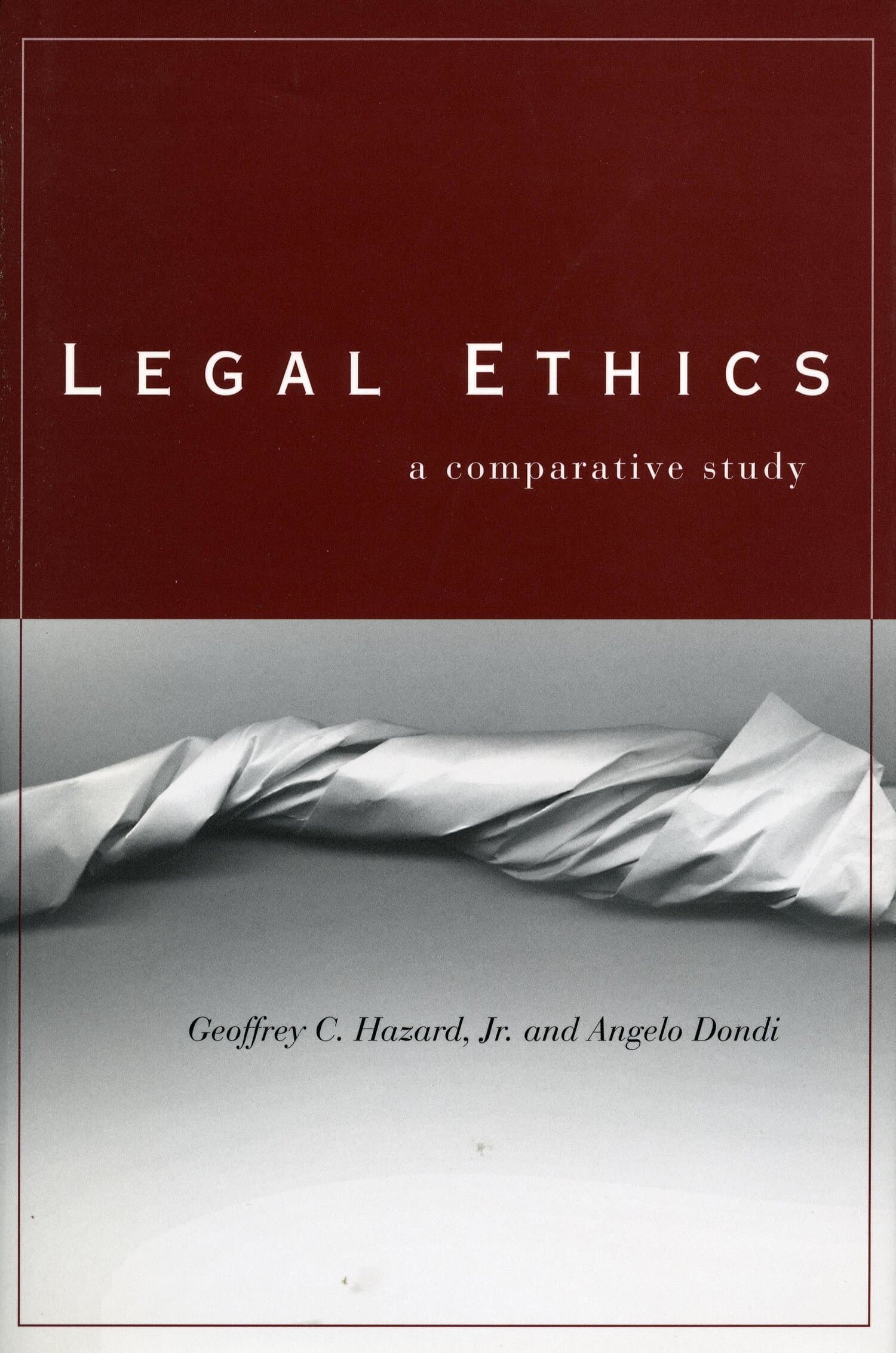Legal Ethics

Examining legal ethics within the framework of modern practice, this book identifies two important ethical issues that all lawyers confront: the difference between the role of lawyers and the role of judges in pursuing justice, and the conflicting responsibilities lawyers have to their clients and to the legal system more broadly. In addressing these issues, Legal Ethics provides an explanation of the duties and dilemmas common to practicing lawyers in modern legal systems throughout the world.
The authors focus their analysis on lawyers in independent practice in modern capitalist constitutional regimes, including the United States, Japan, Europe, and Latin America, as well as the emerging legal systems in China and the former Soviet bloc, to develop connections between the legal profession and political systems based on the rule of law. They find that although ethical tension is inherent in the legal practice of all these societies, the legal profession is essential to stable political institutions.
"This pioneering study seeks to bridge the gap between common law and civil law standards of lawyer behavior. Beneath the differences in the systems, the authors trace similar responses to problems that legal practitioners face in various nations. Their work will improve transnational understanding and foster the transnational practice of law." —John Leubsdorf, Rutgers School of Law, Newark
"Weaving together law, philosophy, ethics, political science, and history, the authors have created an excellent description and discussion of these issues and the importance of legal ethics in a system that purports to mete out justice."—CHOICE
"...Offers a fruitful avenue for deploying comparative research in service of promoting positive change."—Law and Politics Book Review




